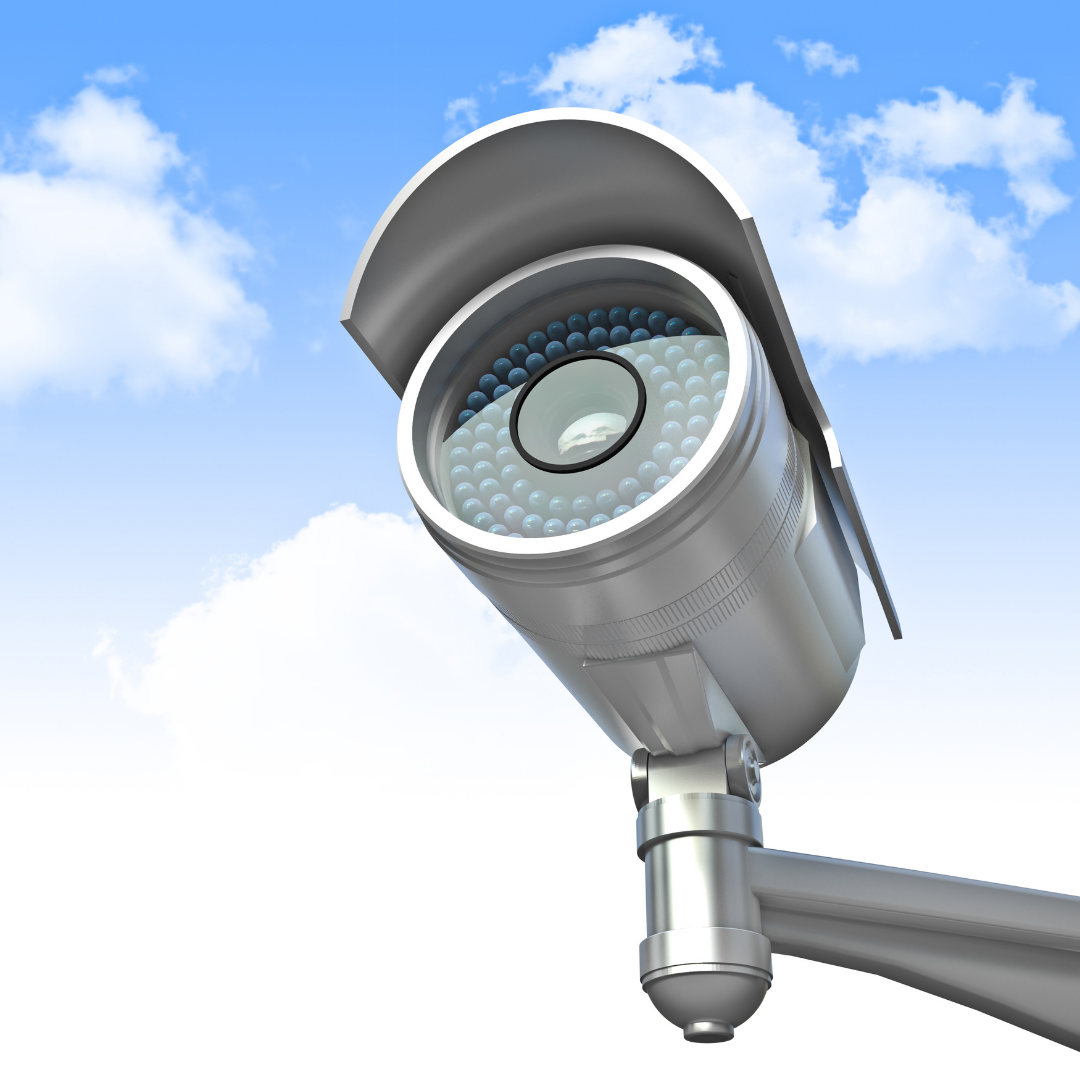The use of surveillance devices by employers can be an important and effective way to manage workplace risks. However, there are strict laws regulating the use of surveillance devices in the workplace and employers can incur significant penalties for non-compliance. This article explores an employer’s obligations under the Workplace Surveillance Act 2005 (NSW) (Act) and some of the important issues your organisation must consider before engaging in workplace surveillance.
The Workplace Surveillance Act 2005 (NSW)
In New South Wales, the Workplace Surveillance Act 2005 (NSW) (Act) is the main legislation regulating the lawful use of surveillance devices by employers in the workplace, although it should be noted that the proposed use of surveillance may be regulated by other laws not addressed in this article.
The Act has a broad scope and applies to an employer’s use of surveillance devices in connection its employees, including when an employee is at their workplace or other locations related to their employment (for example, devices installed on workplace vehicles and electronic devices).
What are surveillance devices?
The Act contemplates a wide range of surveillance devices and technologies which may be used in by employers in the workplace, including:
CCTV;
GPS and other location tracking devices; and
software or other technologies used to monitor an employee’s emails or their access to the internet.
When can you conduct workplace surveillance?
As an employer, you are permitted to undertake workplace surveillance providing that the surveillance is carried out in compliance with the Act. Different requirements apply depending on whether you are undertaking overt surveillance (i.e. surveillance that is open and visible to your employees) or covert surveillance (i.e. hidden surveillance).
A. Overt Surveillance
Overt surveillance is only permitted where you have given proper notice to your employees. Under the Act, you must provide notice to your employees at least 14 days prior to commencing any workplace surveillance, unless the employee agrees to a shorter notice period. For new employees, you must provide the notice of surveillance before they commence working with you. While the notice may be provided in any medium (e.g. email), the notice itself must contain certain information, including what kind of device(s) will be used, how the surveillance will be conducted and for how long.
There are also additional notification requirements and restrictions in place for different types of devices – for example, your organisation must only use:
optical surveillance devices (e.g. CCTV) where the devices are clearly visible and you have positioned appropriate signage at the entrances to your workplace giving notice that the area is under surveillance; and
tracking devices (e.g. GPS) where a notice is installed and clearly visible on the vehicle or object which indicates that it is the subject of tracking surveillance.
B. Covert Surveillance
Covert surveillance includes any surveillance that is carried out without an employee’s knowledge. This type of surveillance is only permitted in limited circumstances. Most employers must first obtain an authority from a Magistrate in accordance with the Act and comply with any conditions imposed on that authority.
What types of surveillance is prohibited?
There are several circumstances in which an employer must not conduct surveillance in the workplace, including surveillance in toilets, change rooms, showers or in other bathing facilities. An employer is also prohibited from undertaking any surveillance of employees while they are not at work, unless the surveillance is computer surveillance of the employees use of any equipment or resources that have been paid for or provided by your organisation. Conducting these prohibited surveillance activities may also amount to a breach of the Act and other laws, including criminal laws.
Key Takeaways
Non-compliance with the Act can have damaging consequences to you and your organisation including fines, imprisonment, reputational damage, and losing the trust of your employees.
It is essential that you understand your obligations and any restrictions before installing surveillance devices in your workplace. As part of your preparation, you should take steps to ensure that your organisation:
develops internal practices, policies and procedures that are compliant with the relevant workplace surveillance laws;
provides the necessary notifications to employees; and
does not place any surveillance devices in areas where workers have a statutory right to expect privacy.
If you would like to find out more about what your organisation needs to do to comply with workplace surveillance laws, call us on 02 9199 4563.
This blog post does not constitute legal advice and should not be relied upon as such. It is a general commentary on matters that may be of interest to you. Formal legal or other professional advice should be sought before acting or relying on any matter arising from this communication.

